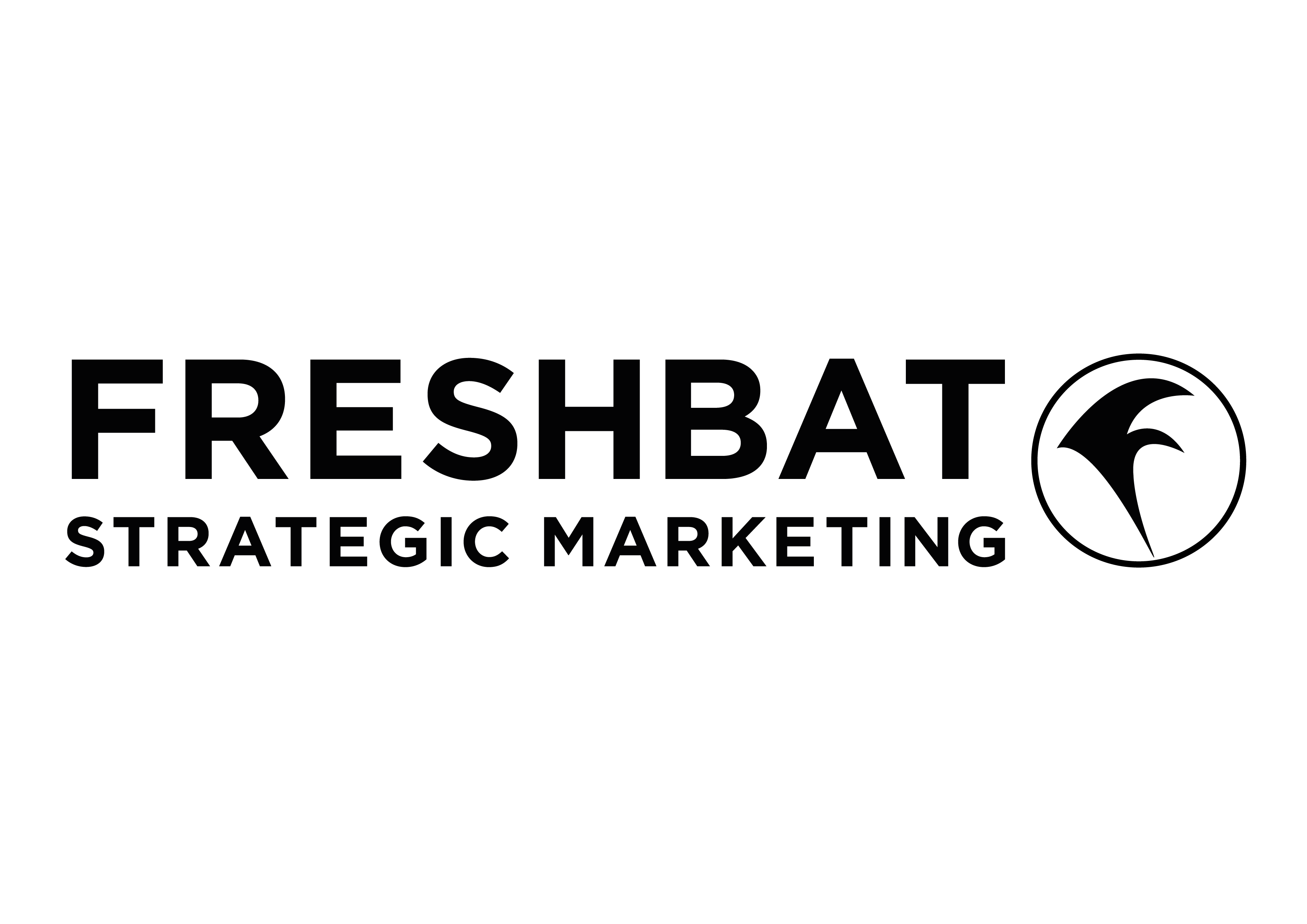In the rapidly evolving world of artificial intelligence (AI), it’s almost inconceivable to ignore its impact. Many businesses and individuals are turning to AI models to enhance various aspects of their work, including using AI in content.
We’ve all encountered content that is blatantly copied and pasted straight from an AI tool such as Chat GPT and it makes me cringe internally whenever I come across this. It’s so obvious and the writing lacks authenticity and originality, making it a skippable read.
So, let’s get to answering the question you’re here for…
Does using AI in content make it rank lower on Google?
Well, the answer is yes and no.
Technically, Google does not penalise any AI itself, but there’s more to it than that.
If you’re wanting to rank high on Google, then let’s go straight to the source – what does Google tell us to do so your content can rank higher? Follow the E-E-A-T guidelines! If you don’t know what this stands for here’s the breakdown:
- Expertise: This refers to the writer’s depth of knowledge and understanding of the subject matter. It’s essential that the author is well-informed about the topic they are discussing. This is especially critical for YMYL (Your Money or Your Life) topics, such as financial advice or health information, where accurate and reliable information is crucial.
- Experience: Having experience within the subject matter you’re writing about is key. For instance, if you’re reviewing a product, having firsthand experience with the product or having visited the place you’re writing about provides authenticity and depth to your review.
- Authoritativeness: Authority isn’t something that can be done overnight, it takes months for your site to build authority. You can do this by consistently publishing high-quality content. Establishing authority also involves having your articles referenced or shared by other reputable sites within your industry. This process cannot be rushed, but it is crucial for gaining credibility and influence.
- Trustworthiness: Trustworthiness is deemed the most important factor by Google and the other three factors tie into this. Your content must be factual, honest, and clear. Additionally, your website should offer a good user experience (UX) and avoid spammy links or ads, which can undermine trust.
And as of Google’s update in April 2024, they have taken measures to reduce low quality and unoriginal/spammy content. Using AI to manipulate ranking in search results is also a violation against Google’s spam policies.
So, with that in mind, have a think. If AI is writing your whole article for you, will it follow all those guidelines? It’s a guaranteed no. If you are going to prompt Chat GPT or similar AI tools with a subject to write you an article on, nothing that is generated will be original or authentic. These tools have to get their information from somewhere and it is not always factual – Chat GPT even gives this disclaimer itself!
However, there’s no need to fear using AI in your content creation process. AI can be an excellent tool when used correctly. Instead of relying on AI to write your entire article, use it as a support tool. Draft your content and then use AI to improve readability and structure. AI can also help generate content ideas and provide inspiration. Most importantly, always fact-check the information AI provides. Finally, if you still choose to have AI write the entire article, be prepared to thoroughly edit and add your own insights and expertise to it, otherwise you will continue to rank low on Google.
Do you want to create ideas for your content without the use of AI? Read our blog to discover how to make sure you never run out of content ideas.


